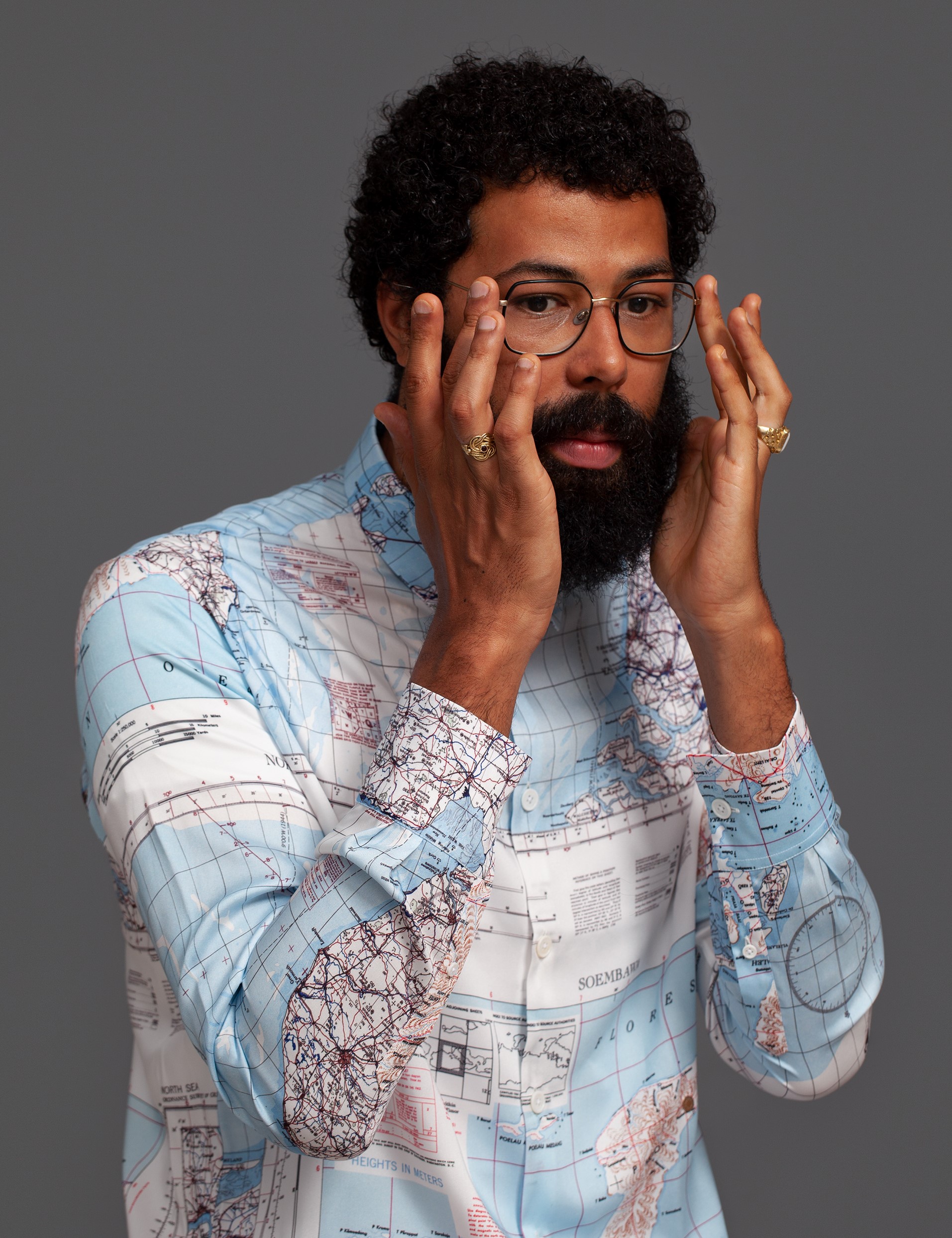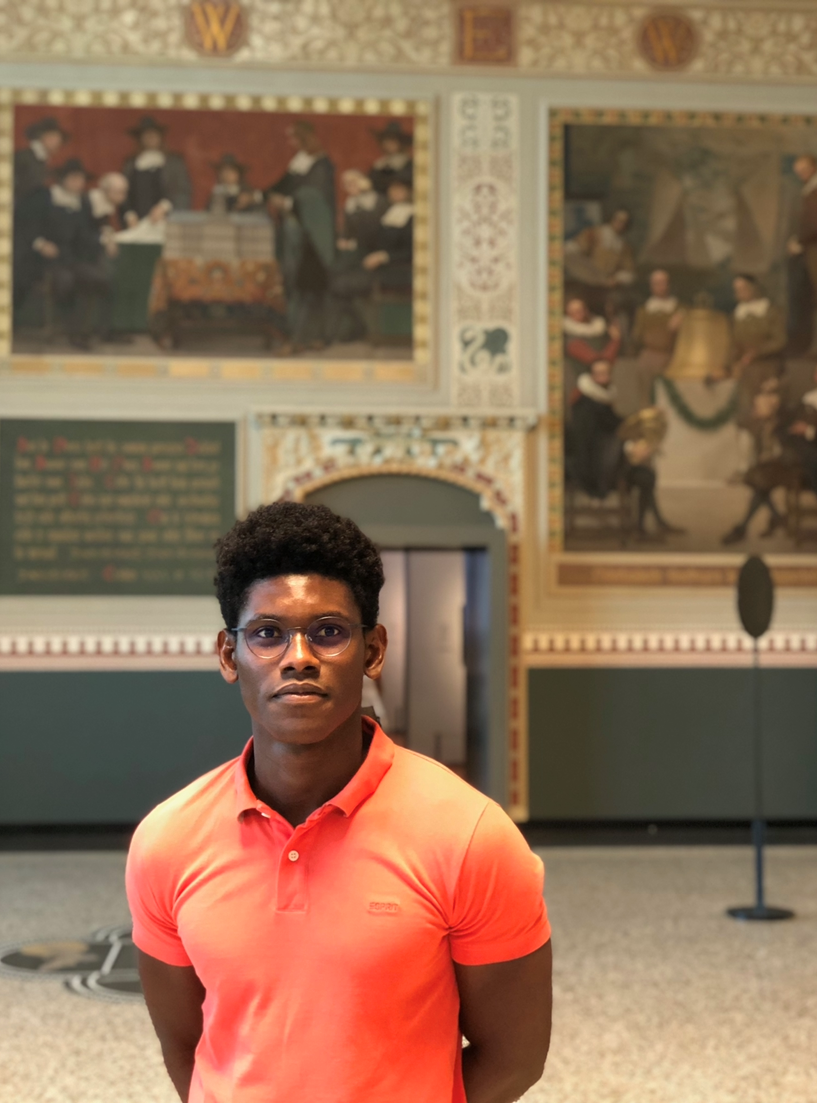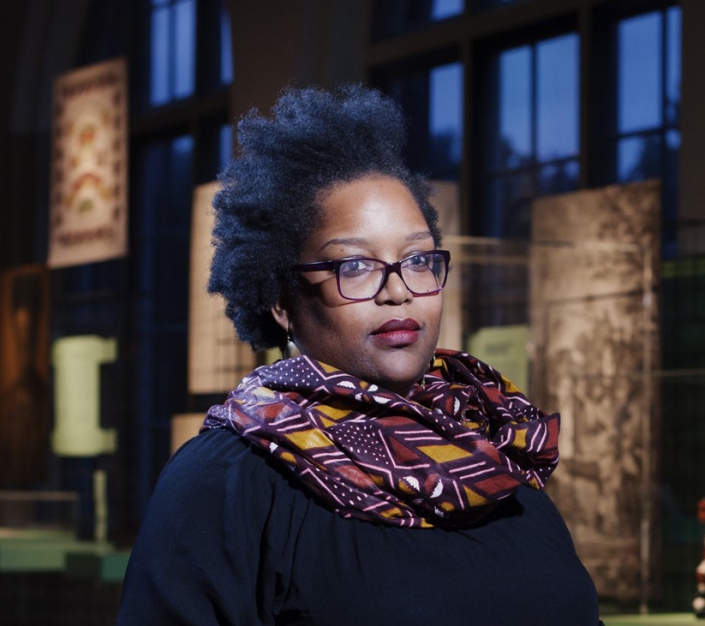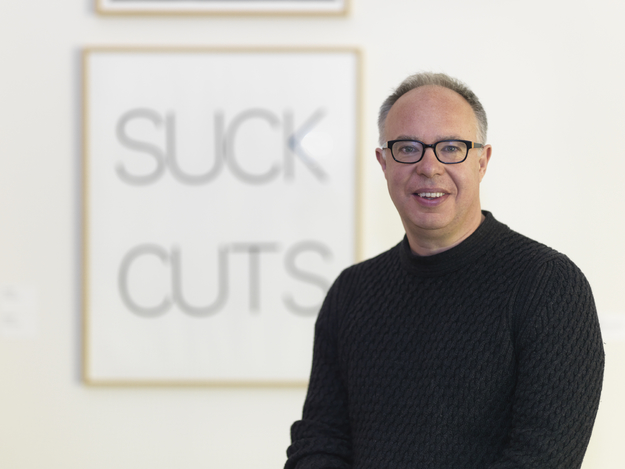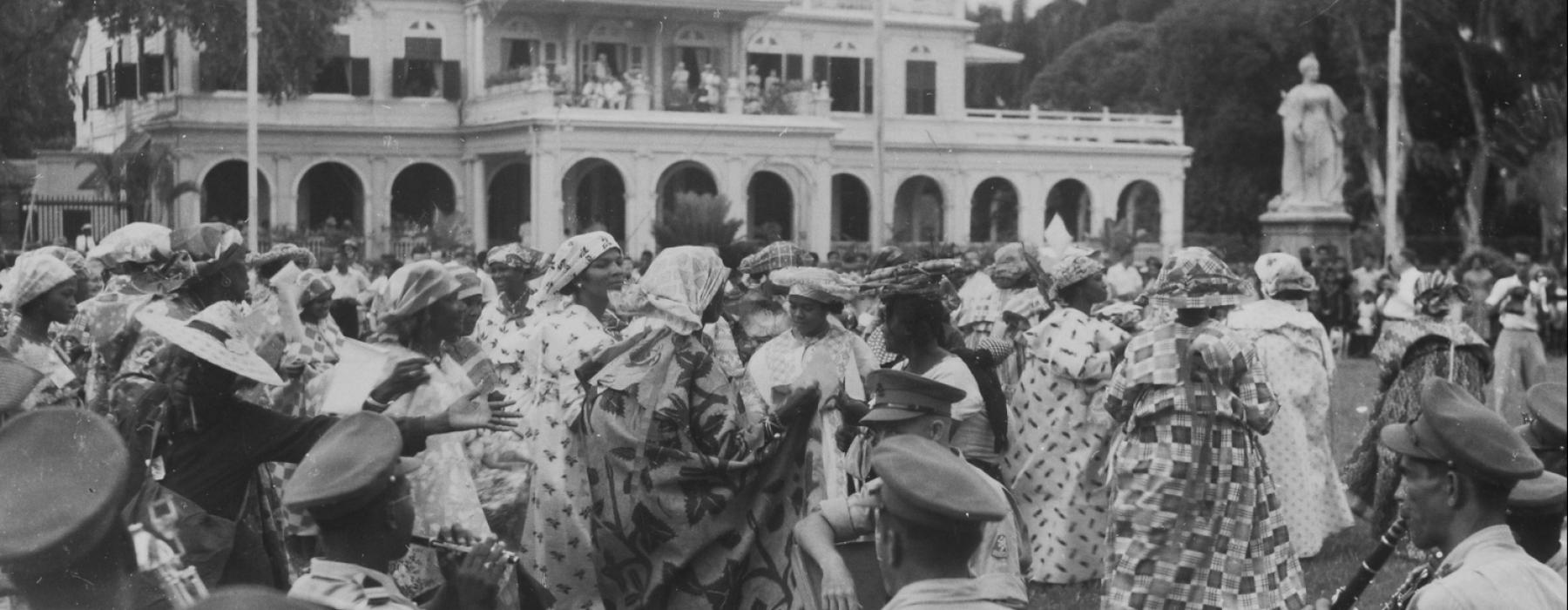
If institutional racism might, in its most simple definition, be understood as the unjust maintenance and unequal distribution of power and access based on presumed difference, then how do we push our institutions beyond such a bleak, yet undeniably true reality? Even if our individual intentions are not to practice racism, our institutions may maintain power through racist structures.
In the wake of the recent global anti-racism mobilizations, activists, like numerous other stakeholder groups have registered growing distrust in the promises made by institutions to contribute to anti-racist futures. Coupled with a certain impatience, some of these criticisms could be read, at worst, as calls to abolish institutions that seem stubbornly resistant to change, or, at the very least, as giving up on institutions that may in fact embody histories “too colonial” to change. On both counts, museums, like other cultural institutions, have been accused of having, for far too long, made promises they do not keep. Instead, they have performed symbolic gestures that not only sidestep the issues of systemic and structural inequality and racial exclusion, but help to bolster these practices.
